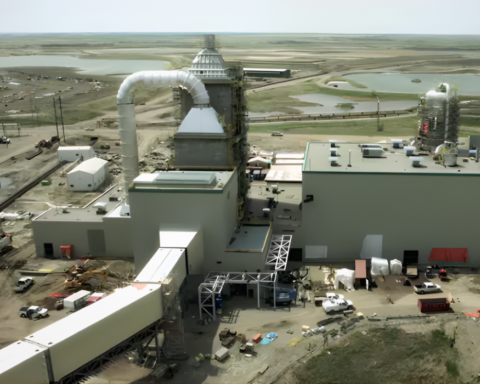This article was originally posted on the Environmental Protection Agency’s blog, It’s Our Environment. To view the original link, please click here.
Citizen science is forcing us to rethink how science is performed, for whom science is conducted, and its role in our society.
In essence, citizen science refers to the participation of the public in the activities and tasks of scientific experimentation. The main objective of citizen science is to engage non-scientists by having them contribute ideas to a scientific endeavor. Basically, citizen science motivates non-scientists to develop new knowledge that contributes to a better understanding of the role of science in our society. Just like citizen journalism has gained relevance over the past few years, with blogs and tweets carrying the news of the moment, citizen science is also gaining ground. Most scientific disciplines will soon have some elements of citizen science involvement in their investigations.
Currently, Puerto Rico is home to several citizen science projects. The Citizen Science Program run by Para La Naturaleza, an independent unit of the Conservation Trust for Puerto Rico, is quite advanced. They conduct investigations in archeology, botany, coasts, birds, the land crab, and bats, and so far their work has engaged over 2,100 citizens who participate in the collection of data and the management of different aspects of the studies. The San Juan Bay Estuary Program also has a citizen science program that involves people in monitoring water quality. Other projects include the Sierra Club – Puerto Rico chapter and their tenacious and successful effort to preserve an ecological corridor that spans the northeast section of the island; Basura Cero, a zero-waste initiative; and the Sociedad Ecoambiental, which conducts activities with university students. Junte Ambiental, Mi Puerto Rico Verde, and the Institute for Caribbean Studies, also promote citizen science actively within their networks.
When a child or even an adult analyzes a water sample that came from the river that runs just steps from his or her home, or takes a nature walk to identify the species, a personal transformation occurs within that individual. Public participation in science makes individuals aware of their surroundings and turns people into defenders of their environment.
Science is, and must be, a passion shared among members of society. Science can change the world. Through citizen science, you can participate, too. Do you want to join us?
About the author: Grace M. Robiou is the chief of the National Water Quality Standards Branch. A lawyer by profession, she’s been working at EPA for over 26 years.







